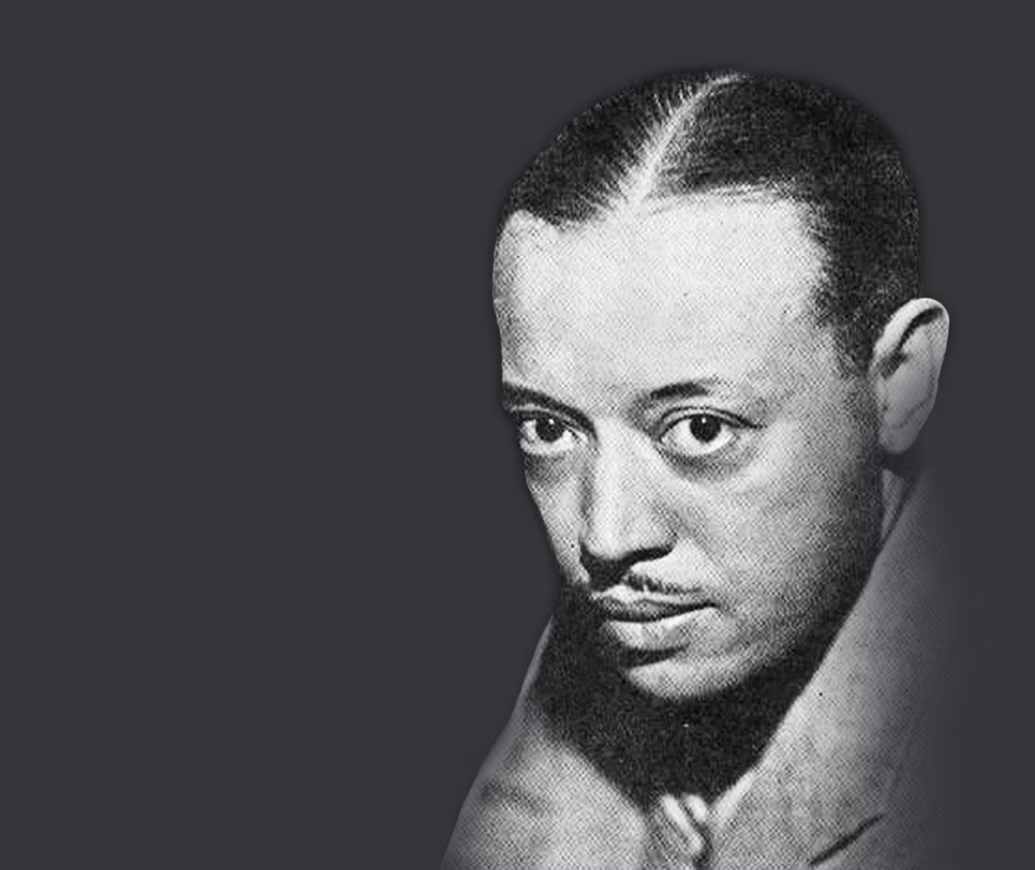Composed 1943; 14 minutes
The Violin Suite is a musical impression of three works of art created during the previous decade by African American artists associated with the Harlem Renaissance. In Richmond Barthé’s African Dancer, Still blends forward driving, assertive music with more reflective, bluesy thoughts. The high soaring, somewhat sentimental idiom of the lullaby-like middle movement comes in response to one of the many Mother and Child sculptures and paintings of San Francisco-based Sargent Johnson. The more whimsical Gamin brings syncopated rhythm and blues figures to reflect the nonchalance present in Augusta Savage’s bust of a young man.

Profile: William Grant Still
Acknowledged by his peers as ‘the Dean’ of African American composers, William Grant Still pursued a wide-ranging career that saw him writing jazz arrangements for W. C. Handy, Artie Shaw, Paul Whiteman and Sophie Tucker, providing orchestrations for the film Pennies from Heaven and TV shows Perry Mason and Gunsmoke, while composing more than 150 concert works and eight operas. Still left Oberlin Conservatory without graduating, but later took composition lessons from Edgard Varèse who encouraged his lyrical gift and included his compositions on concerts of the International Composers' Guild. Still turned away from spirituals as the foundation for his composition, preferring the blues, declaring that “they, unlike many spirituals, do not exhibit the influence of Caucasian music.” The influence of the blues can be heard in his breakthrough Afro-American Symphony (1930), the first of five symphonies and the first by an African American composer to be performed by a major American orchestra. There were many other ‘firsts’ that this still neglected American composer pioneered: conducting a major U.S. orchestra, having an opera produced by a major company and having an opera performed on national television, among others.